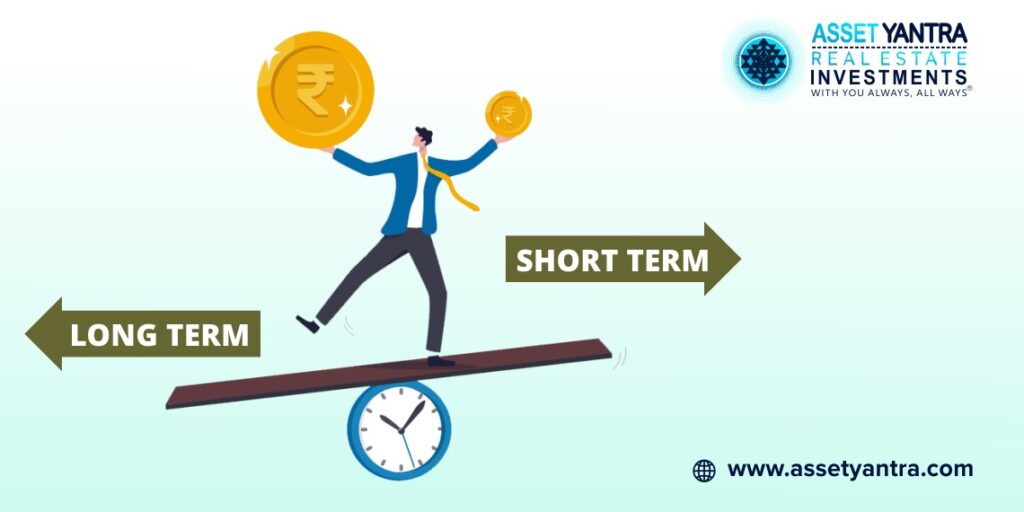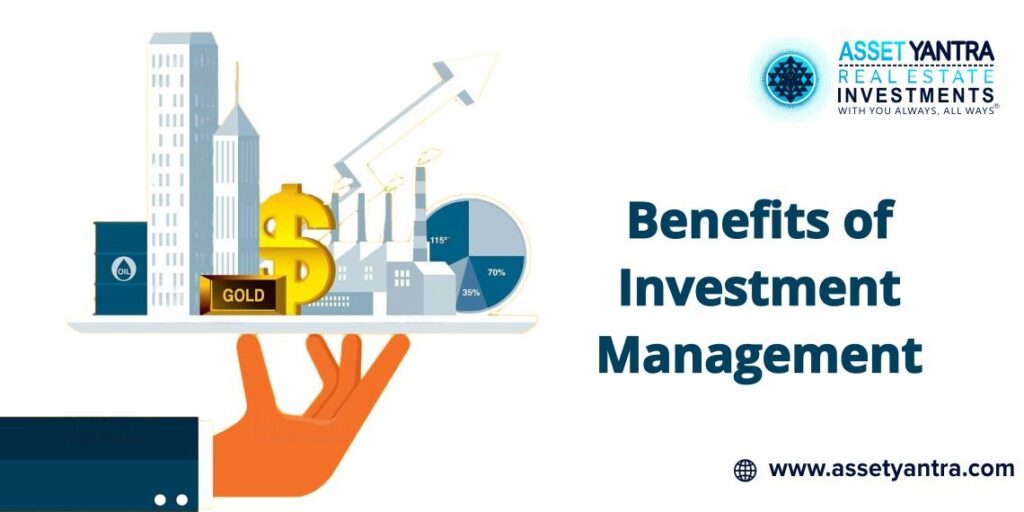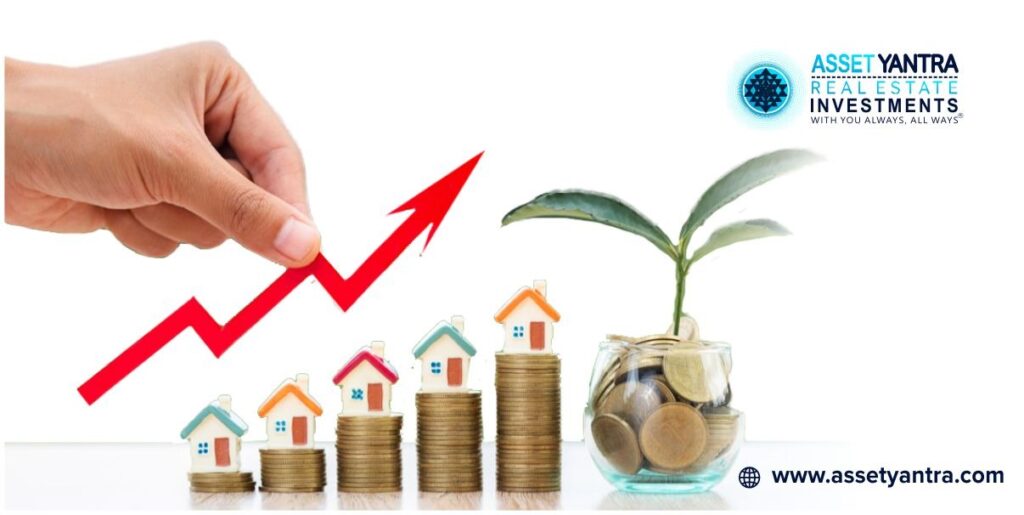Commercial Real Estate Investment
1. Why Invest in a Commercial Real Estate? Risk has always been a cornerstone of investment. Many investors think of having a flourishing investment portfolio. But one often finds the hackneyed terms of investments like stocks, bonds, ETFs, Mutual Funds & others. This trend of investment recurs because there is a feeling of security and stability involved in these options. But in reality, there is an element of risk involved in these too. Adding real estate to your investment portfolio will give the much-needed edge. Commercial real estate is considered to be a hard asset with a scarce resource. It has an innate value, and its value appreciates over time. Investing in Commercial Real Estate (CRE) can yield benefits like a new source of cash flow, potential long-term appreciation, and proper diversification of the investment portfolio. Let us try balancing our investments as someone has said- don’t put all your eggs in basket. Let us paint a broad picture by looking at the advantages of investing in Commercial Real Estate. A potential Source of Income: The earning potential for investment in CRE is much more. If you look at the figures, then the commercial property usually has an excellent annual return on the purchase price depending on the area. Regular & Consistent Returns: The lease for any commercial property is for long term, a minimum of five years. The owner of the commercial property has an assurance of consistency of returns. Also, lease agreements come with a clause of yearly appreciation of the rental value irrespective of market value making it more attractive. Choice of Tenants: Commercial Real Estate (CRE), with an excellent location invites tenants like banks, corporates, business houses, or retail shop chains. Dealing with corporates always advantageous as there are no hassles towards daily operations as well as chase for rent. Zero Furnishing Cost: One of the critical advantages of having a CRE Investment is zero furnishing cost of the property. The investor can hand over the property to the corporate tenant who can furnish the property as per their own choice or taste. The reason behind this is branding, which is essential in a commercial space. Breaking free from Parallel Earnings: Earning from any particular source of investment may tend to become positive or negative if there is some fluctuation in the financial markets. Whereas, investment in CRE is not influenced by the performance for any other source of investment. A Concrete Physical Asset: Many people believe that real estate is more physical and tangible because you can touch, see, and feel it. In contrast, stocks, bonds, Exchange Traded Funds (ETFs), & other sources of investment may not be as a feeling appealing for some people as they can’t trust them. In case if there is some damage to the structure created on the invested property, then the land is still available for future use. Tax Benefits: An investment in CRE can very well have its share of tax benefits by reducing or eliminating some capital gains. For tax purposes, a depreciation in the value of buildings over time can help reduce the yearly taxable income. An investor is depreciating his property for tax purposes while appreciating the same for investment. Thus making it a unique feature of investment in CRE. Evading Inflation: While other investments such as stocks, bonds, or mutual funds bring in diminishing returns during a boom, investment in CRE can easily avoid the long-term impact of inflation. Should everybody invest in commercial real estate? Is it favorable for everybody? The answer to this question is a personal attribute. But we have seen the many benefits of investment in CRE. The investment can be advantageous in comparison to the investment in residential real estate, but it can get a little trickier as well. However, though the investment in CRE is extremely rewarding, it requires a lot of patience and comes with more risks. 2. How to get started in Commercial Real Estate Investing? CREs are usually leased to tenants for operation of their businesses. CRE includes tenants of all kinds like space for offices, banks, malls, restaurants, and convenience stores or supermarkets. It has become an appealing investment option because of its coherent returns, pliable source of income, and growth prospects. Though investing in CRE is attractive, there are some common hiccups, mistakes, and risks involved. Therefore, it is important to you know how to get started and what should you look out for before investing in CRE especially for the first timers. Financial Ineptness: It is always advisable to keep a track of your capital as well as Your expenses for having an idea of the amount of cash which you can invest. Realistic Goals: Every investor has a different set of goals. These goals should be realistic in nature considering all the factors and should have a realistic deadline. Knowledge of Risks: Create a perfect strategy which determines your risk bearing attitude. Exercise Due Diligence: A prospective buyer can always conduct thorough research on CRE regarding the actual investment opportunity, availability of finance, property inspection, documents, tax returns, profit, and loss statements from the previous owner, survey reports, feasibility study, and so on. Updated knowledge of Market Cycles with Latest Trends: To invest in a CRE, it is important to learn how the cycle of the real estate market works and the latest trends in the sector. Proper valuation of Commercial Real Estate: Every CRE investment depends upon the supply and demand, yield from it, and the overall profitability of each sector as all these parameters vary
Commercial Real Estate Investment Read More »







